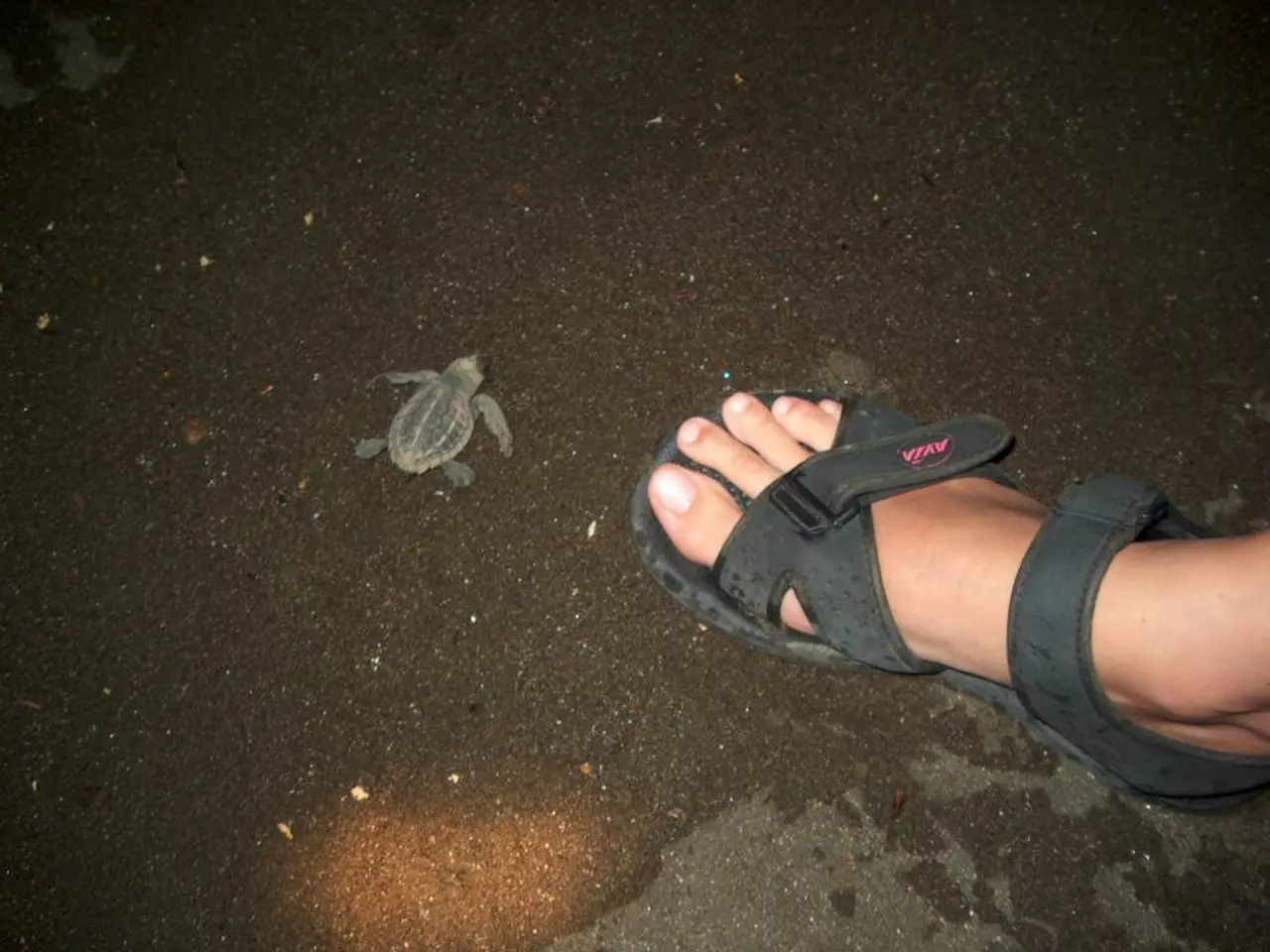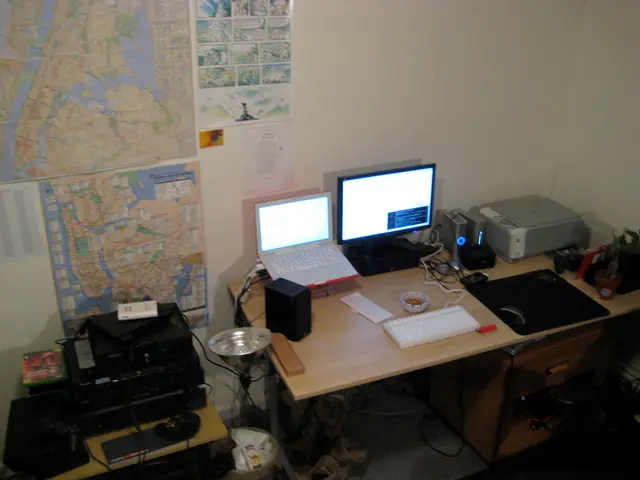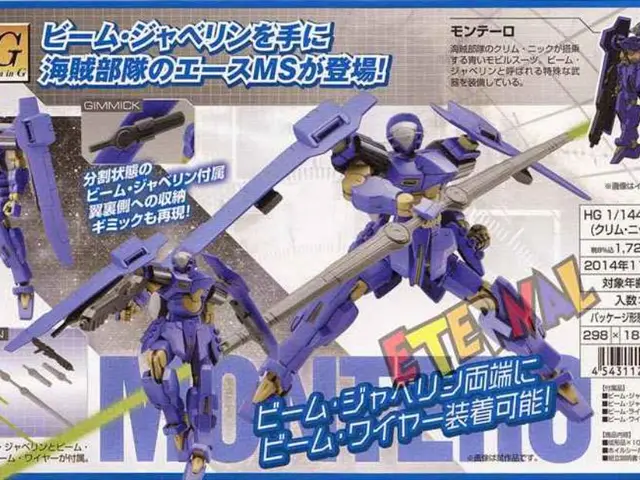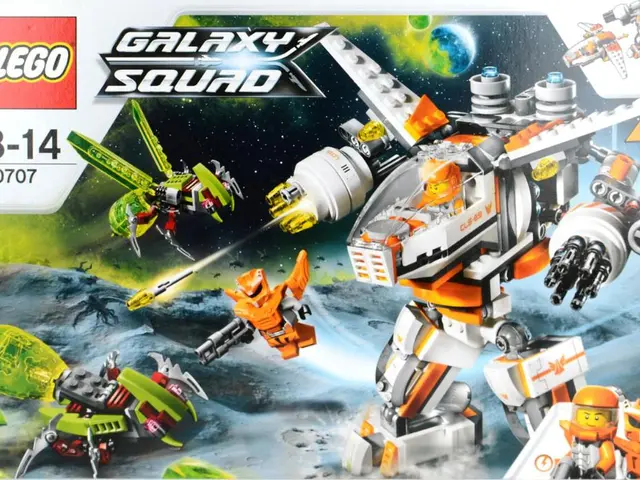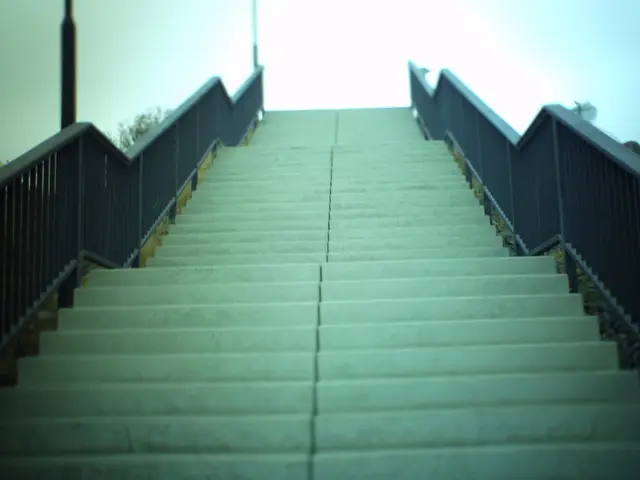Custom-made 3D-printed harness fitted for Charlotte the Turtle, suffering from 'Bouncy Butt' Syndrome.
In a groundbreaking development for marine wildlife conservation, a green sea turtle named Charlotte has been fitted with a custom-made 3D-printed harness to help manage a condition known as "bubble butt" syndrome. This rare disorder causes the turtle to swim with its rear end pointing upwards, making it difficult for Charlotte to dive and manoeuvre effectively.
The harness, a collaborative effort among veterinarians, engineers, and researchers, took over five years of development. Gabriela Queiroz Miranda, a Brazilian student who designed weighted belts for turtles with "bouncy butt" syndrome during high school, played a significant role in the project. Her contributions earned her the prestigious Naval Science Award in 2019.
The harness, made of carbon fiber-reinforced nylon, is lightweight yet strong and flexible. It was designed to adapt to Charlotte's natural movements, ensuring her comfort and wellbeing. The aquarium collaborated with 3D printing experts in 2019 to find a suitable solution for a turtle's harness.
Since using the harness, Charlotte has shown remarkable improvements. Her rear flippers are more active, and she has better balance in the water. These improvements enable more natural swimming behaviours, such as sleeping underwater or near rocks.
The progress of Charlotte's rehabilitation encourages the team to consider broader applications of this technology for other turtles suffering from similar conditions. The harness's success serves as a testament to how technology can be harnessed to assist wildlife in need, improving their welfare and quality of life.
[1] Charlotte's rehabilitation team [2] Gabriela Queiroz Miranda's interview with National Geographic [3] Charlotte's video footage before and after the harness application, available on YouTube.
[1] The harness's success in improving Charlotte's swimming abilities has encouraged the rehabilitation team to explore broader applications of this technology for other turtles suffering from similar conditions.
[2] Gabriela Queiroz Miranda, the Brazilian student who played a significant role in designing the 3D-printed harness for Charlotte, shared her experiences in an interview with National Geographic.
[3] To witness Charlotte's remarkable transformation before and after the application of the harness, you can watch the video footage, which is available on YouTube.
